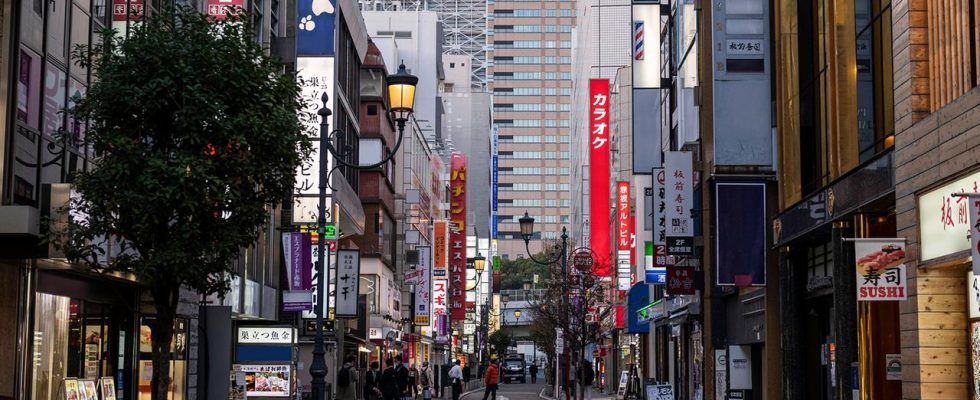China’s economy is in crisis – this is reflected in people’s everyday lives. In the economic metropolis of Shanghai, many things are happening much more slowly than before the pandemic.
When the economy is booming, you quickly notice it in Shanghai. On the sidewalks, people are moving at a blistering pace. Anyone who opens the taxi app will see waiting times of half an hour. Restaurants and bars have practically no free seats. And everyone seems kind of excited.
At least that’s how it felt before the Covid pandemic. Shanghai at 180, so to speak. Now, however, the taxi arrives within five minutes instead of half an hour. You hardly have to make a reservation in the restaurant anymore. The latest economic data speaks of growth and recovery – but Shanghai is by no means at 180.
“The money is no longer so loose”
“Business is going badly,” says a restaurateur. Your restaurant has a lot of lunch customers and is located in the Jing-an district, where there are many offices. “Right after the end of the zero-Covid policy, at the beginning of this year, things got better briefly – but only for one or two months.”
Now, in August and September, they might have half as many guests as usual at this time. “And they spend even less. We notice twice as much that money is no longer as easy with people.” Your colleague, who runs a barbecue restaurant a few streets away with a lot of evening customers, can only confirm this.
Banger look at fall
The official statistics put the increase in consumer spending for the month of August at an impressive 4.6 percent nationwide. But in many places you don’t notice this in everyday life in China’s most important economic metropolis, Shanghai.
“This open-air grilling like we do here is usually popular in summer,” says the innkeeper. “But the situation has been rather poor so far, and autumn will come at some point. It will be hard because rents are high in Shanghai and labor costs have risen. It will be difficult for me and my people. Things are not going well at the moment.”
More taxi drivers, fewer passengers
The signs are unmistakable: empty areas in shopping centers, delivery companies whose scooters are parked en masse on the sidewalks instead of being on the road. And then of course the taxi business. This often shows how many or how few business and trade fair guests are traveling in large cities.
“I have the impression that things are still far from the way they were before the pandemic,” says a taxi driver. “This is particularly evident in our business: There are many more drivers than before because many of the simple jobs are not in demand right now.” People are switching to taxi drivers – and at the same time there are far fewer passengers. “It’s most likely to work at the two airports and at the large train stations. But even there, we taxi drivers have to wait in line and not the passengers. It used to be the other way around.”
The situation in Shanghai shows how much everyday life in China’s cities has changed. No amount of nice numbers from the authorities can change that.

